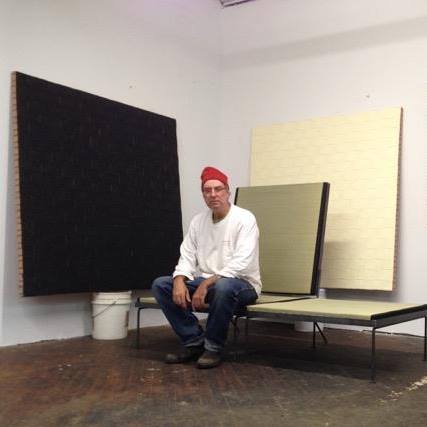Schwarz
View current page
...more recent posts
The appeal of regularly relocating where we live probably comes from our nomadic origins as a species, and over the years we’ve thrilled at the possibilities of some remarkable constructs designed to enable just that: the Icosa Pod, miniHome, Free Spirit Sphere, Nackros Villa, LoftCube, Trilobis, Kitahaus, and the relocatable sphere house. New Zealand is one of those countries where its near-to-no-one geographic location has created a hotbed of innovation through necessity and the Kiwi-produced Port-a-bach is particularly inventive because it is based around a remanufactured shipping container. As such, the NZD$100,000 (US$55,000) fold-out dwelling is not just rugged due to its natural steel exoskeleton, it’s as easy to transport internationally as it is to transport locally on a standard container truck. It has low environmental impact and can connect to local utilities or be entirely power, water and sewer independent.
the street corners of alphabet city
thx vz
The economic downturn has decimated the market for recycled materials like cardboard, plastic, newspaper and metals. Across the country, this junk is accumulating by the ton in the yards and warehouses of recycling contractors, which are unable to find buyers or are unwilling to sell at rock-bottom prices.
Ordinarily the material would be turned into products like car parts, book covers and boxes for electronics. But with the slump in the scrap market, a trickle is starting to head for landfills instead of a second life.
“It’s awful,” said Briana Sternberg, education and outreach coordinator for Sedona Recycles, a nonprofit group in Arizona that recently stopped taking certain types of cardboard, like old cereal, rice and pasta boxes. There is no market for these, and the organization’s quarter-acre yard is already packed fence to fence.
“Either it goes to landfill or it begins to cost us money,” Ms. Sternberg said.
rip studs terkel
Terkel was acclaimed for his efforts to preserve American oral history. His 1985 book The Good War, which detailed peoples' accounts of the country's involvement in World War II, won the Pulitzer Prize. For Hard Times: An Oral History of the Great Depression, Terkel assembled recollections of the Great Depression that spanned the socioeconomic spectrum, from Okies, through prison inmates, to the wealthy. His 1974 book, Working, in which (as reflected by its subtitle) People Talk About What They Do All Day and How They Feel About What They Do, also was highly acclaimed. Working was made into a short-lived Broadway show in 1978 and was telecast on PBS in 1982. In 1997, Terkel was elected a member of The American Academy of Arts and Letters. Two years later, he received the George Polk Career Award in 1999.thx stdpm and alex
judit bellostes excellent arch blog
regular angry mob or inside the beltway villagers?
via zoller
friends of loews jersey city
